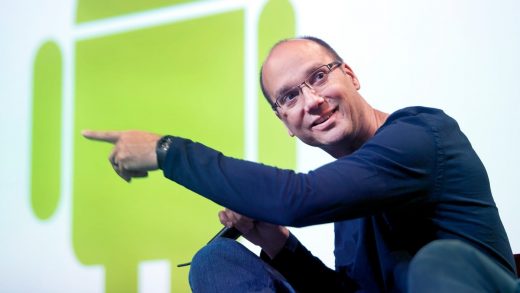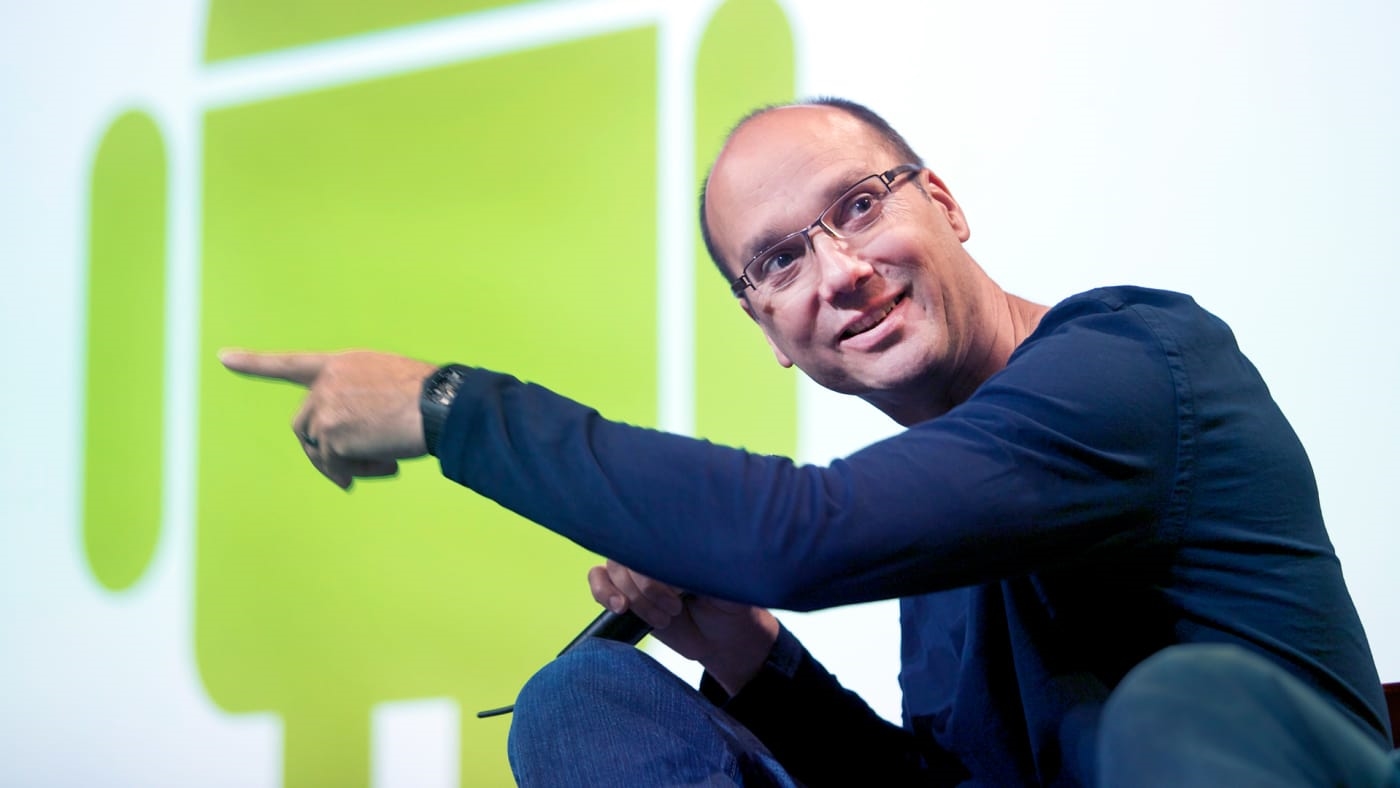No one wanted the Essential phone. Will anyone want Essential?
Android creator Andy Rubin might be getting out of the smartphone business again. Citing “people familiar with the matter,” Bloomberg‘s Mark Gurman and Alex Barinka report that Rubin’s startup, Essential Products, is exploring a sale and has cancelled a follow-up to its first smartphone. A decision to sell, while not final, would reportedly cover hardware, patents, and probably engineering talent. Essential has raised $300 million in venture funding–backers include Foxconn, Tencent, and Amazon–and had a valuation of close to a billion dollars.
The Essential phone was one of the first smartphones with almost no screen bezel, beating Apple’s iPhone X to market by a few months. However, the phone’s software was buggy at launch, its camera never fared well against other flagships, and it was passed over by all U.S. wireless carriers except Sprint. Essential began slashing the phone’s price within a couple months of launch, and has only sold 150,000 units to date, according to Bloomberg.
On Twitter, Rubin emphasized that Essential has additional products in development, but did not deny the details of Bloomberg‘s report.
We always have multiple products in development at the same time and we embrace canceling some in favor of the ones we think will be bigger hits. We are putting all of our efforts towards our future, game-changing products, which include mobile and home products.
— Andy Rubin (@Arubin) May 24, 2018
Essential has also struggled with personnel issues. Bloomberg reports that “dozens of hardware and software engineers” have departed over the last year, along with Essential’s vice president of marketing and head of hardware engineering. Rubin himself took a leave of absence late last year amid allegations of inappropriate behavior at Google, though he denied the allegations and returned to Essential a couple of weeks later.
Even with a sale on the table, Essential is reportedly pushing ahead with Essential Home, a smart home product that’s supposed to unify various device ecosystems and voice assistants. This device could launch next year, though Essential has said little about it since offering a rudimentary preview in August of 2017. Bloomberg also notes that Essential could keep a toehold in smartphones by putting its brand on a phone developed by someone else, though it’s unclear what value the brand might have with no successful products to its name.
Fast Company , Read Full Story
(17)



